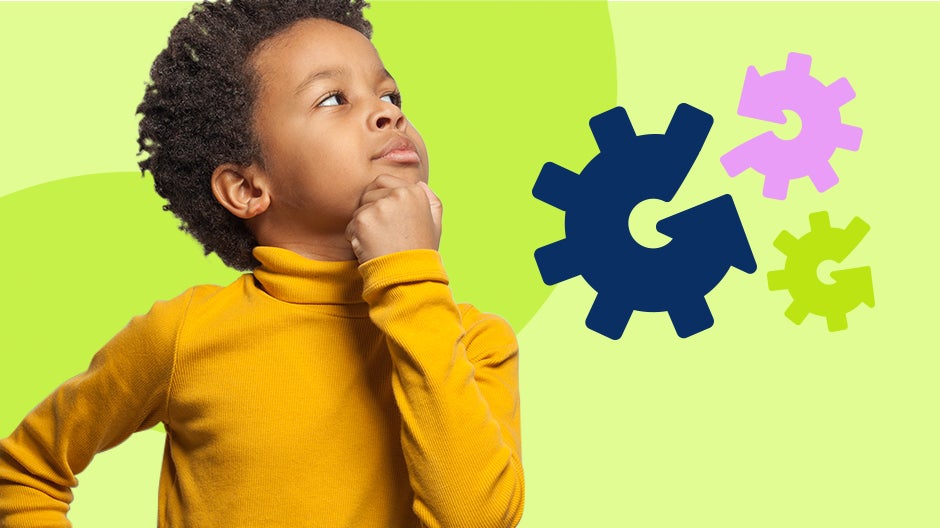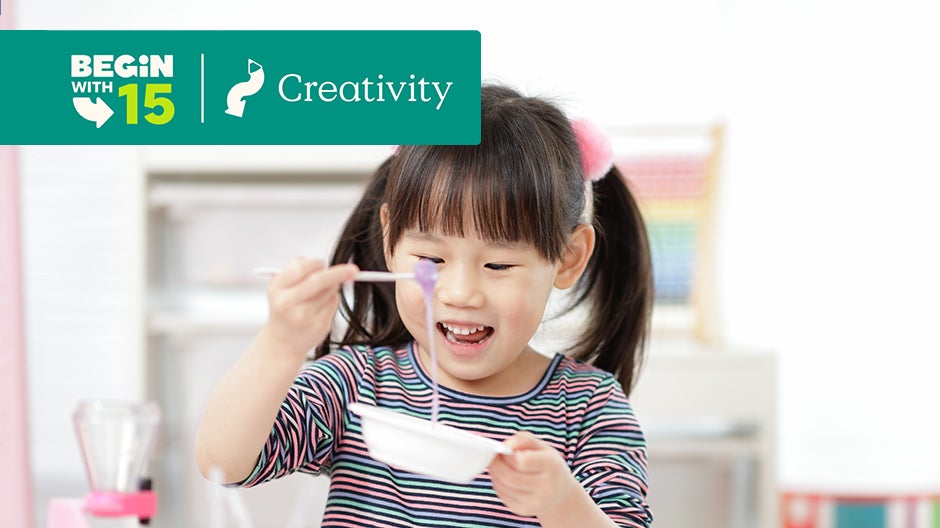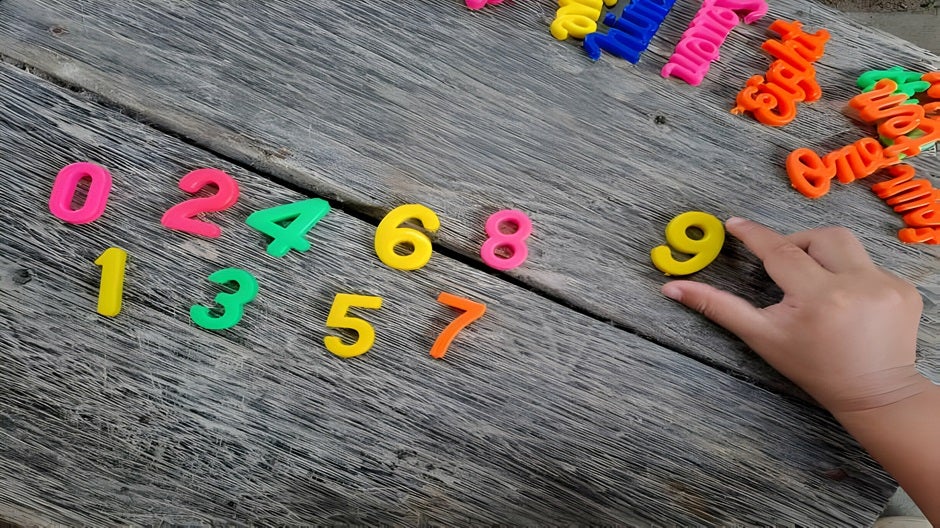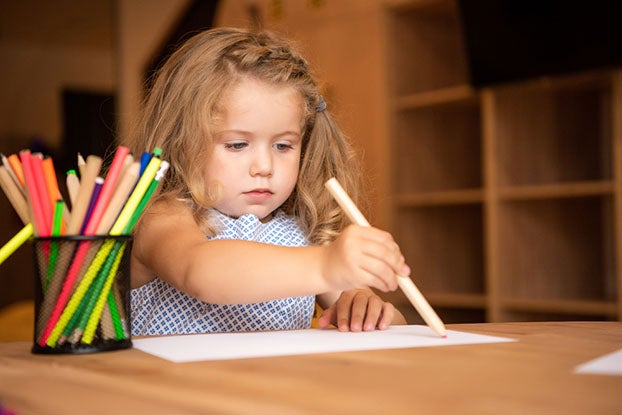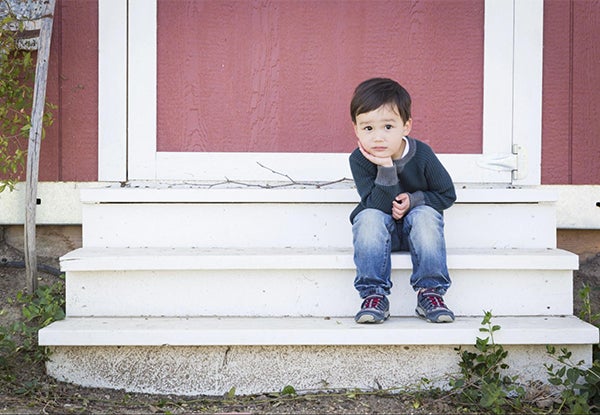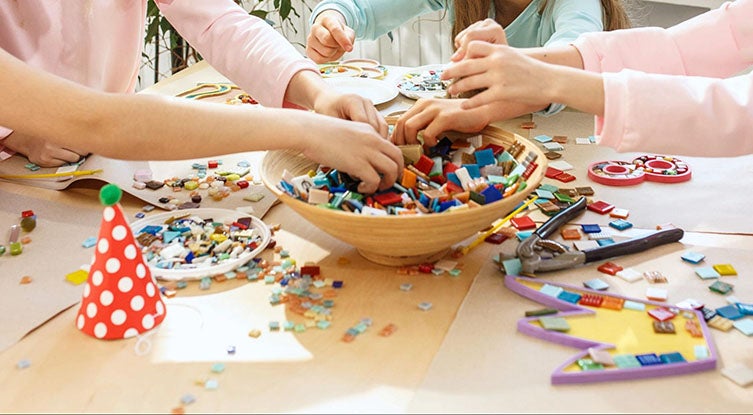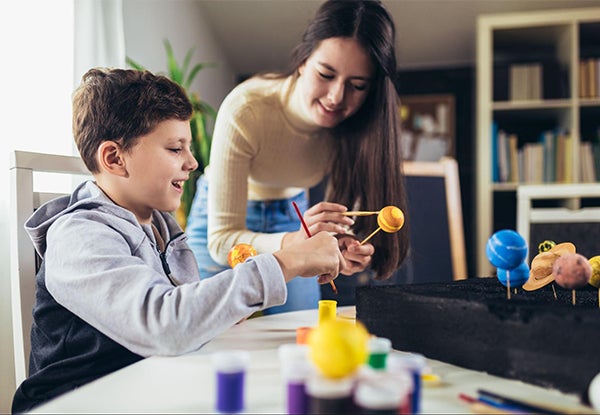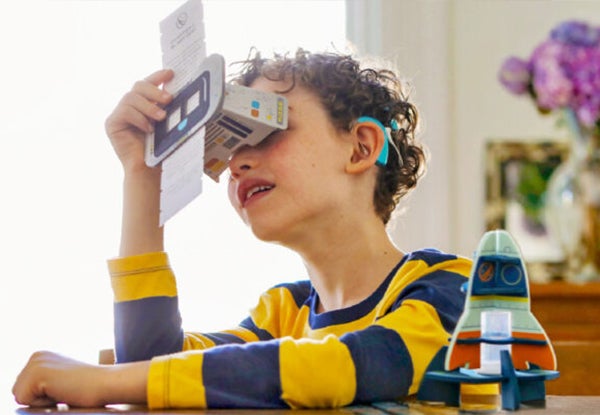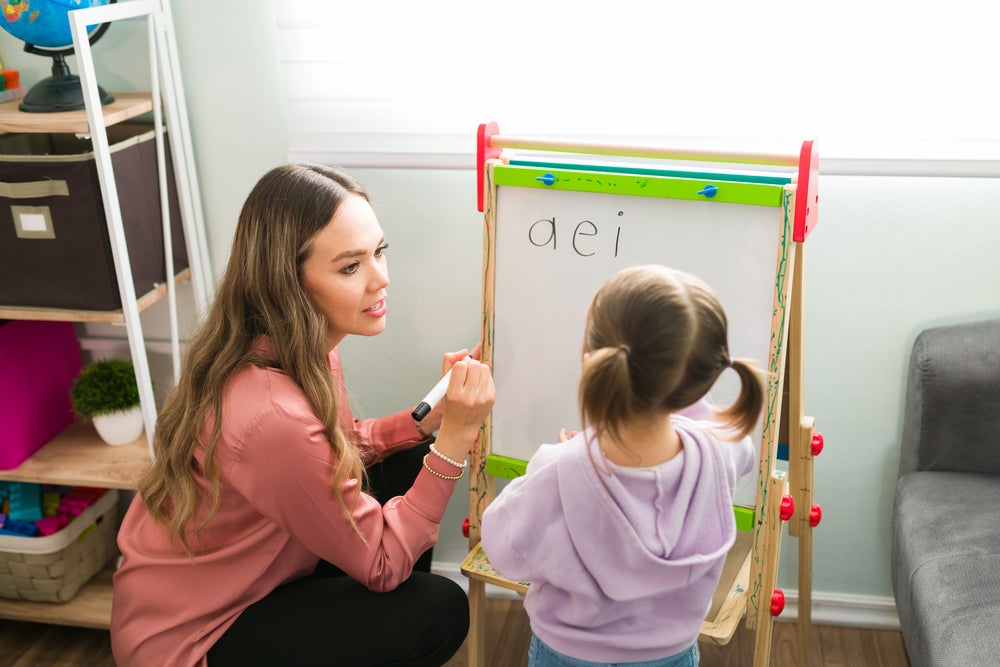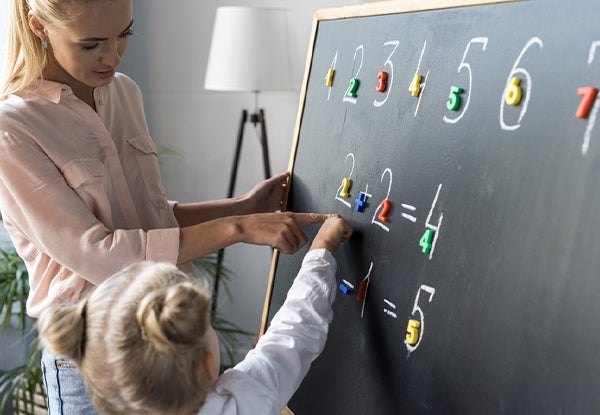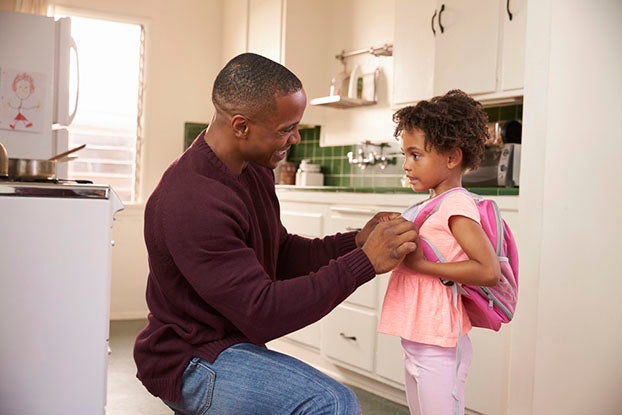As parents, we have a LOT to keep in mind to give our kids the best possible start. So it’s nice to come across a skill set that offers a lot of bang for our buck. When it comes to developing skills that have an outsized impact on a child’s life, critical thinking is a great place to start.
The Short Cut
- Critical thinking is the use of logic, reasoning, and executive functioning skills to analyze information and make sound decisions throughout life
- The ability to think critically matters a lot—it’s linked to better grades, finishing schoolwork, positive job performance, and overall academic success
- Caregivers can do a lot to encourage critical thinking, from family game nights and library visits to asking open-ended questions
- Developing the 5 C’s doesn’t need to be complicated. You can make a big difference in only 15 minutes a day!
It turns out that critical thinking is actually more predictive of some pretty important positive life outcomes than raw intelligence, not to mention it’s a set of skills that are predicted to become increasingly important to CEOs and other employers in the future.
Given the relative importance of critical thinking, let’s dive into what it is and how we as parents can foster these skills from an early age.
What Is Critical Thinking?
Critical thinking covers an expansive range of processing and problem-solving skills. In terms of processing, it includes the abilities needed to regulate our behaviors and accomplish goals. You may sometimes hear those skills referred to as executive functions. They include:
- Working memory (our ability to hold small amounts of information in mind for a short period of time while we work on it in some way, such as recalling a telephone number long enough to dial it)
- Flexible thinking (our ability to focus on one thing at a time, switch to new tasks, and avoid distractions)
- Self-control (our ability to control our behaviors, follow rules, and understand consequences)
If that sounds like a set of skills your child needs, you’re right! Many important childhood tasks (like listening in school or helping with chores at home) rely on executive functioning.
In terms of problem-solving skills, critical thinking includes things like logic and reasoning, our ability to consider multiple perspectives and adapt to new ways of thinking (including computational thinking and coding), and to make decisions based on evidence rather than bias.
Combine all those skills, and you can see that critical thinking is a pretty big deal! There are many good reasons to focus on this important “C.”
The Impacts of Critical Thinking in School and Life
Critical thinking has been linked to very important outcomes in school, life, and the work world, including better grades, higher likelihood of completing schoolwork, positive job performance in the workplace, and overall academic success. In adults, strong critical thinking has even been correlated with less credit card debt.
That’s a lot for one skill set! According to a study by Duke Learning and Organization Development, critical thinking is one of the most in-demand skills in the workplace, and yet nearly half of all employers indicated that their employees are falling short in it, with a LOT of room to improve.
Given how important critical thinking is, it’s reassuring to know that there’s a lot we as caregivers can do to support it in our kids (and that many of those things are fun!), even if we didn’t necessarily receive the same type of critical thinking support growing up.
Simple Ways to Support Critical Thinking
1. Model Asking Open-Ended Questions. Demonstrating that you as a grown-up are still curious about the world and asking open-ended questions is a great way to show your kids that processing information and making sense of the world around them is a lifelong endeavor.
2. Demonstrate Multiple Perspectives. This one can be tricky, as many of us have strong opinions about the world, but strive to expose your child to multiple perspectives on a wide range of topics so that they open their minds to new ideas, begin to sort through information, get comfortable asking questions, and learn that sometimes things are not black and white.
3. Practice Active Listening. Critical thinking includes having an open mind, so encourage listening without judgment. Active listening might include making eye contact, leaning forward, ensuring you’re not distracted by something else, asking clarifying questions, and having “calm hands and bodies.”
4. Go to the Library. Ask your local librarian to teach you and your child how to search for information using multiple sources, and what to look for when identifying trustworthy, credible sources versus less credible sources. Sometimes it helps for children to hear things from someone other than their parents (it sure does with mine!).
5. Flex Those Executive Functioning Skills. Family board game nights are a GREAT way to foster many executive functioning skills (like following rules, using working memory, and staying focused). Additionally, you can make a game out of rehearsing and remembering lists of words or objects to strengthen working memory.
6. Learn to Code. Coding might sound too advanced for younger children, but even preschoolers can learn the basics behind many coding and computational thinking skills, like breaking a complex task down into a series of simple actions (sequencing). There are even some programs, like our award-winning codeSpark app, specifically designed for preschoolers and children in early elementary school.
Critical Thinking across Developmental Stages
Depending on your child’s age and unique developmental trajectory, critical thinking might look a little different for them than for someone else. Below are some checklists you can use to consider what aspects of critical thinking you might be observing in your child.
Remember, every child develops differently, so you may see things that aren’t on these lists, or that are on the list under a different age from your child’s. That’s almost certainly OK, especially given that critical thinking consists of many skills that aren’t necessarily linear.
Also, these lists are not exhaustive—there are many other skills within critical thinking that you’re likely encountering at each age and stage. But this should give you a sense of what’s developmentally typical and why various skills matter.
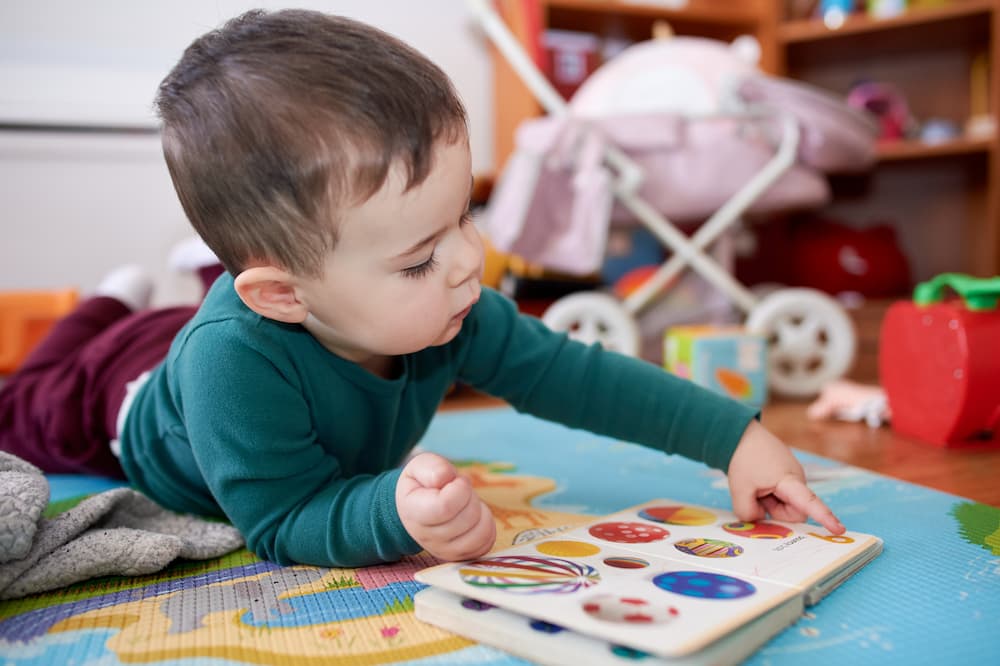
2-Year-Old Checklist
Can group like items or objects by a category (e.g., all the blue things, all the cars, all the things that are food)
- This demonstrates an awareness that things can relate to each other and that your child can recognize specific features such as color and function; this a precursor to being able to identify patterns and understand or invent rules for how the world works.
Points to things in a book when you ask questions like “Where is the puppy?”
- Your child is demonstrating receptive language development, meaning he’s learning the names and labels for things, and he can attend to what you’re asking without getting distracted by other images; both skills are important parts of critical thinking.
Can recall a simple request or command several minutes after it’s been given (e.g., can remember that you asked them to go pick up their toy in their room by the time they walk to their room)
- Holding information in working memory long enough to take action on that information is a critical part of our executive functioning skills.
Understands simple or common rules, such as sitting at the dinner table or being buckled up in the car
- This shows your child can understand, remember, and follow rules—an important aspect of executive functioning skills.
3-Year-Old Checklist
Can group like items or objects by more than one category (e.g., all the blue things that are also cars but not trucks)
- This demonstrates that your child knows things can relate to each other and can recognize specific features such as color and function; this a precursor to being able to identify patterns and understand or invent rules for how the world works.
Points to things in a book when you ask questions like “Where is the puppy?”
- Your child is demonstrating receptive language development, meaning he’s learning the names and labels for things, and he can attend to what you’re asking without getting distracted by other images. Both language and executive function skills are important parts of critical thinking.
Can recall and follow two-step instructions (e.g., “Pick up your towel and put it in the laundry bin”)
- Holding multiple pieces of information in working memory long enough to take action on that information is a critical part of our executive functioning skills.
Can follow simple rules in collaborative or competitive games
- Understanding, remembering, and following rules is an important aspect of executive functioning skills.
4-Year-Old Checklist
Knows the name and purpose behind a couple different types of media (e.g., books for reading, radio in the car for music or news, streaming for music)
- Recognizing that different devices and platforms serve up different types of content is the new precursor for understanding various forms of news and information.
Can recall and follow two- and three-step instructions (e.g., “Pick up your towel, put it in the laundry bin, and then bring me your socks”)
- Holding multiple pieces of information in working memory long enough to take action on that information is a critical part of our executive functioning skills.
Recognizes that different people have different opinions and knowledge areas (e.g., a teacher is a trustworthy source of knowledge; a grandparent knows a lot about family history; a mail delivery person knows a lot about mail)
- Knowing that different people know different things AND that some people are likely more trustworthy than others is an important precursor for being able to critically evaluate information and sources.
Can follow simple rules in collaborative or competitive games
- Understanding, remembering, and following rules is an important aspect of executive functioning skills.
Can answer simple function questions, such as “What are shoes for?” or “What is a pencil for?”
- Understanding and being able to articulate the function and purpose of something is an important aspect of knowing how things work.
Knows what comes next in a story she’s heard before
- When your child can tell you how a story ends or what part comes next, she’s revealing an ability to remember important details over a period of time (and an awareness that some things, like a favorite bedtime story, are stable and don’t change).
5-Year-Old Checklist
Can point to the names of the author and illustrator of a book (and tell you the difference between those two roles)
- A foundational aspect of thinking critically about information is knowing who wrote (or illustrated) the work, and how those roles differ and/or complement each other.
Can follow simple rules in collaborative or competitive games
- Understanding, remembering, and following rules is an important aspect of executive functioning skills.
Answers comprehension questions after having read a story (or having it read to them), such as questions about what the main lesson of the story was, how the main character may have felt at a specific point in the story, or why the story ended the way it did
- These types of questions require a child to not just hear or read a story, but to think about what the words mean together and identify big themes and lessons.
Knows the name and purpose behind a couple different types of media (e.g., books for reading, radio in the car for music or news, streaming for music)
- Recognizing that different devices and platforms serve up different types of content is the new precursor for understanding various forms of news and information.
Can recall and follow multi-step instructions (e.g., “Put away your book, then grab your blue crayon and bring it to the bin by the window”)
- Holding multiple pieces of information in working memory long enough to take action on that information is a critical part of our executive functioning skills.
Recognizes that different people have different opinions and knowledge areas (e.g., a teacher is a trustworthy source of knowledge; a grandparent knows a lot about family history; a mail delivery person knows a lot about mail)
- Knowing that different people know different things AND that some people are likely more trustworthy than others is an important precursor for being able to critically evaluate information and sources.
6-Year-Old and Up Checklist
By age 6, many children will be able to follow multi-step instructions without forgetting what they’re supposed to be doing or getting distracted along the way. That’s not to say distractions won’t happen (even I can get pulled into something else on my way to the laundry room, completely forgetting about the laundry until the next day)—but they’re less likely than in younger children.
This age range is also starting to pick up the nuances of differing opinions on topics within a family. Which sports team is the best, where the family should go on vacation, even some elements of politics—if your family is discussing these things, your child will likely be realizing that not all people share the same ideas.
This is not a bad thing! It’s important for your child to learn that the existence of multiple perspectives on a topic is normal, and that positive, uplifting dialogue about those differences, where various perspectives are respected, can be an enriching environment.
You can support critical thinking as your child navigates this stage by utilizing some of the tips listed above, such as asking open-ended questions, modeling how to be an active listener, and going to the library to do research with your child. Your child will also likely be forming their own opinions at this stage, which is exciting to see.
Supporting Critical Thinking with Begin
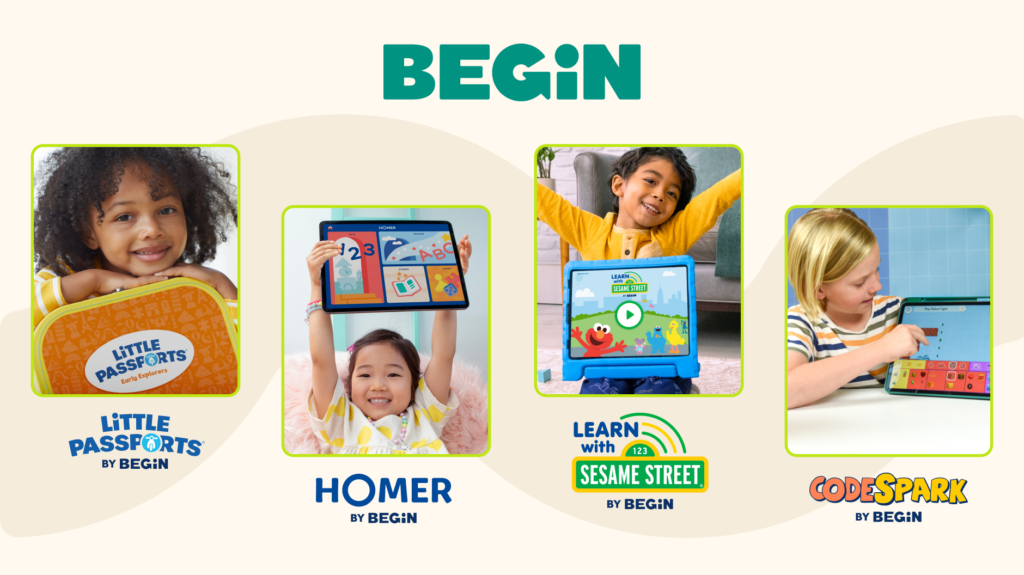
Critical thinking is a very important “C”—not just for your child’s short-term development, but for their entire lifespan. The critical thinking skills they learn now will help them achieve the lifelong health and happiness you want for them.
At Begin, we know this, and we include critical thinking activities in almost all of our products—whether it’s solving puzzles in codeSpark, playing memory games in HOMER, building hands-on projects at home with Little Passports, or something else. Check out our comprehensive learning membership to see how some of our products come together to give your child their best start to achieving their fullest potential.
There are many things you can do to support and reinforce your child’s critical thinking skills. It’s truly a lifelong process of growth and development, and we’re here to help!
